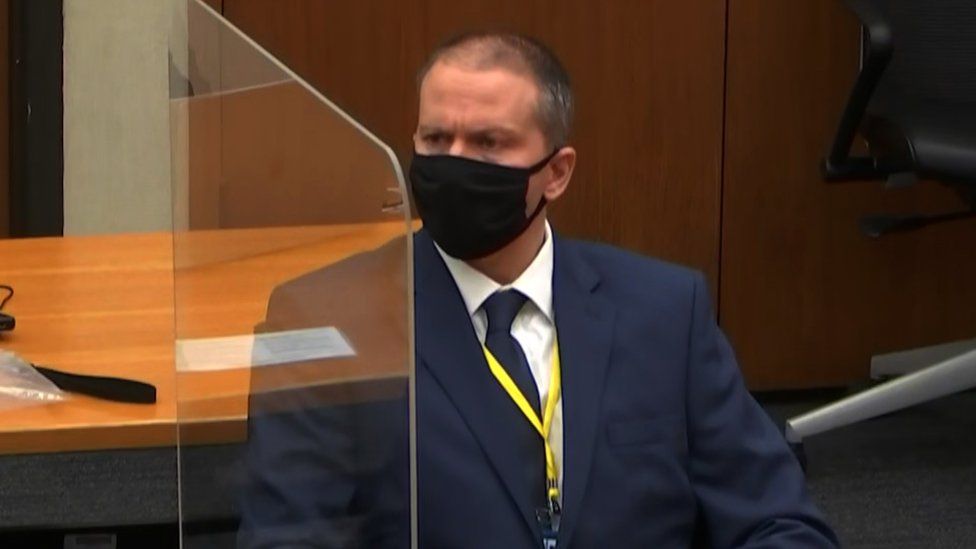BLACK NEWS ALERTS SPECIAL REPORT
The jury has reached a verdict in the trial of former Minneapolis Police Officer Derek Chauvin, who is charged with murder and manslaughter in the death of George Floyd.
WATCH THE VERDICT LIVE:
Feed courtesy of Washington Post
What We Know:
- The verdict was read in open court with unanimous decisions on all three counts, none of which carry a charge of life in prison. The three counts are as follows:
- Second-degree unintentional murder (also referred to as felony murder): Sentence up to 40 years in prison.
- Third-degree murder: Sentence up to 25 years.
- Second-degree manslaughter: Sentence up to 10 years.
- The panel of seven women and five men began deliberating Monday after three weeks of witness testimony.
- The third-degree murder charge had initially been dismissed, but it was reinstated after an appeals court ruling in an unrelated case established new grounds for it days before jury selection started.
- Chauvin, who is white, knelt on Floyd’s neck for several minutes as Floyd, who was Black, was handcuffed and lying on the ground.
- Prosecutors argued that Chauvin’s actions caused Floyd to die from low oxygen or asphyxia. The defense claimed that Floyd’s illegal drug use and a pre-existing heart condition were to blame and urged jurors not to rule out other theories, as well, including exposure to carbon monoxide.

- During closing arguments, prosecutors sought to focus jurors’ attention on the 9 minutes, 29 seconds they say Chauvin knelt on Floyd’s neck, while Chauvin’s defense attorney told them that “the 9 minutes and 29 seconds ignores the previous 16 minutes and 59 seconds” of the interaction.
- Prosecutors called 38 witnesses, including the teenager who recorded the widely seen bystander video that brought global attention to Floyd’s death. She and other bystanders who testified said they are haunted by Floyd’s death and that they wish they had done more to try to save his life. The defense called seven witnesses, two of whom were experts.
- Chauvin had agreed to plead guilty to third-degree murder days after Floyd’s death, but William Barr, then the U.S. attorney general, rejected the deal because, officials said, he was worried that it was too early in the investigation and that it would be perceived as too lenient.
Floyd’s death touched off international protests against police brutality and racial injustice. The city of Minneapolis has spent months preparing for the trial and for the potential of unrest over the verdict.



